
In the early 1990s, MC Hammer stood atop the music world, his catchy hits and energetic dance moves propelling him to international fame. Born Stanley Kirk Burrell, the rapper’s success was epitomized by a lavish mansion in Fremont, California—a sprawling estate that symbolized both his meteoric rise and, ultimately, his financial downfall.
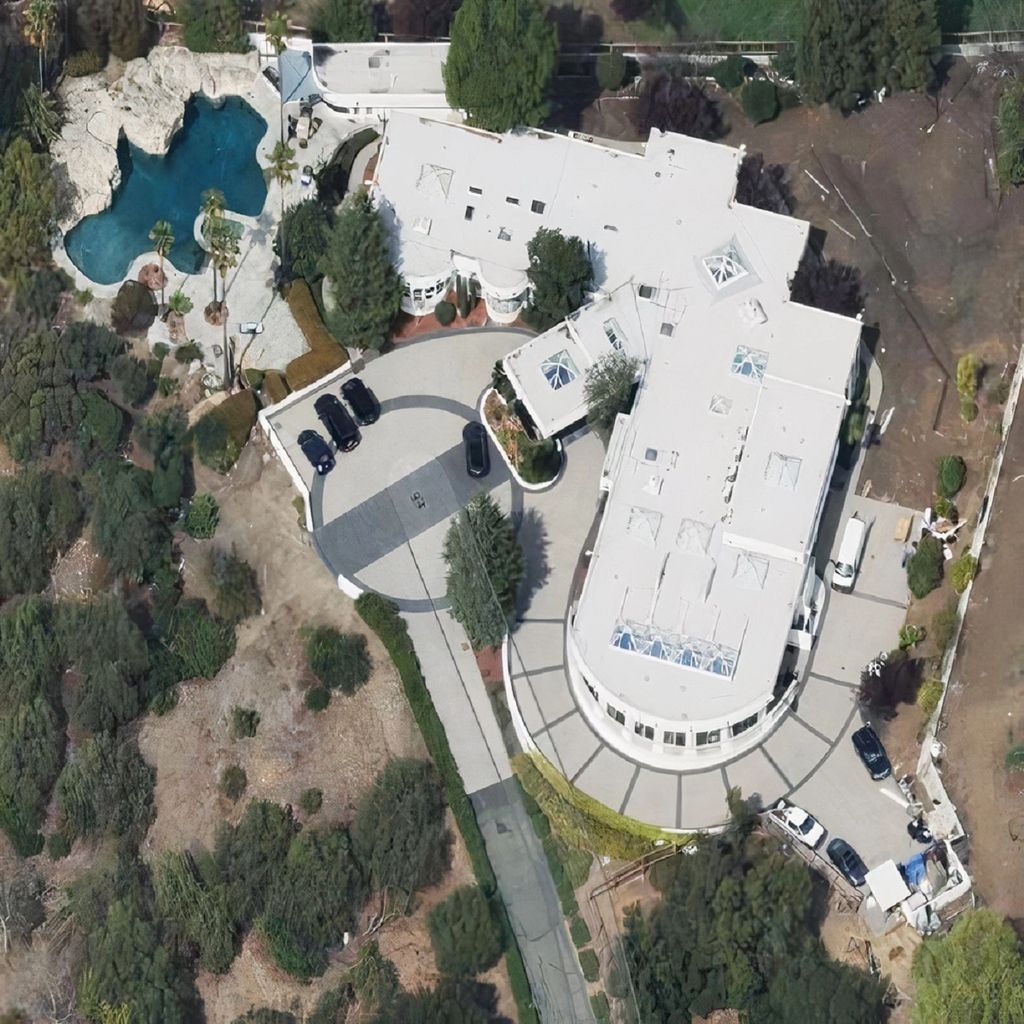
Nestled in the hills of Fremont, the mansion was a testament to MC Hammer’s achievements. The estate reportedly cost around $12 million to build (though some estimates suggest the overall expenses related to the property reached as high as $30 million). It boasted Italian marble floors, a state-of-the-art recording studio, multiple swimming pools, and even gold-plated gates. The opulent design and luxurious amenities reflected the peak of early ’90s extravagance.

Inside, the home was adorned with lavish furnishings and cutting-edge technology. It served not only as a personal sanctuary but also as a venue for entertaining guests, hosting parties that matched the grandeur of the residence itself.
Beyond his impressive abode, MC Hammer’s lifestyle was marked by extravagance. He employed an entourage of around 200 people, including dancers, backup singers, and personal staff—a payroll that reportedly cost him over $500,000 per month. His collection of luxury cars featured sleek sports models and classic vehicles, showcasing his passion for high-end automobiles.
His investments extended to a stable of racehorses and expensive modes of transportation, including a private jet, helicopters, a Lamborghini, and a stretch limousine. These expenditures, while emblematic of his success, began to outpace his income as his music sales declined.
Despite earning millions from his music career, MC Hammer’s excessive spending and poor financial management led to mounting debts. Legal challenges compounded his financial strain; he faced multiple lawsuits, including some for copyright infringement, resulting in substantial settlements.
By 1996, the financial pressures became insurmountable. MC Hammer filed for Chapter 11 bankruptcy protection, reporting debts of over $13 million against assets of around $9 million. The bankruptcy allowed him to reorganize his finances under court supervision, but it also meant parting with many of his prized possessions, including his beloved mansion.
The Fremont mansion, once a symbol of success, became a representation of the perils of unchecked spending. The property’s maintenance costs alone were substantial, and selling it was a necessary step in addressing his financial obligations. The mansion changed hands over the years, and while it no longer belongs to MC Hammer, it remains a landmark with a story intertwined with the highs and lows of fame.
MC Hammer’s rise and fall serve as a cautionary tale about the importance of financial prudence, especially in industries where fortunes can change rapidly. His experience highlights how sudden wealth, if not managed wisely, can lead to significant hardships.
Despite the setbacks, MC Hammer reinvented himself in the years following his bankruptcy. He delved into ministry, became involved in tech investments, and continued to perform and engage with fans. His ability to adapt and his ongoing contributions to entertainment and entrepreneurship demonstrate a resilience that transcends financial misfortune.
MC Hammer’s story is a compelling narrative about success, excess, and redemption. The lavish mansion that once symbolized his peak now stands as a reminder of the lessons learned. Through it all, MC Hammer remains a significant figure in music history, his experiences offering insights into the complexities of fame and fortune.
Take a Look at his Beautiful Former Home

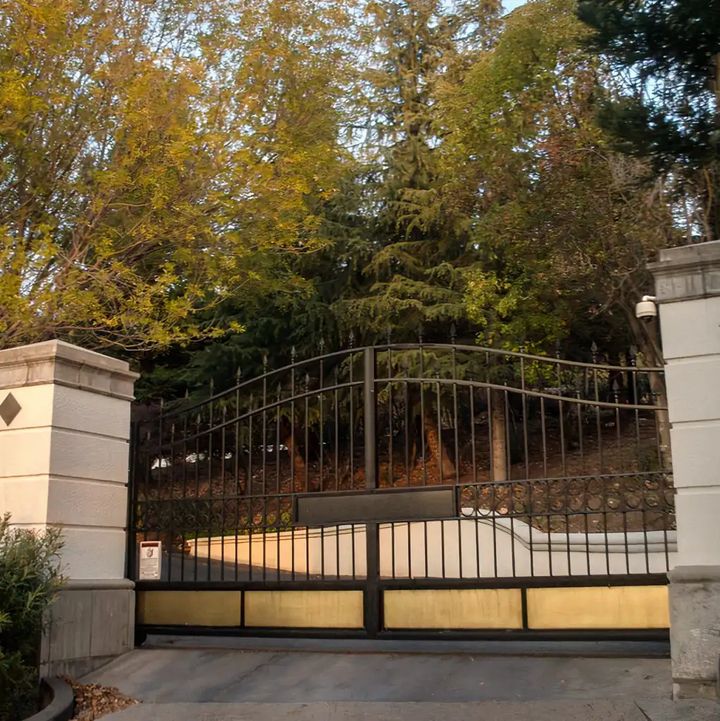


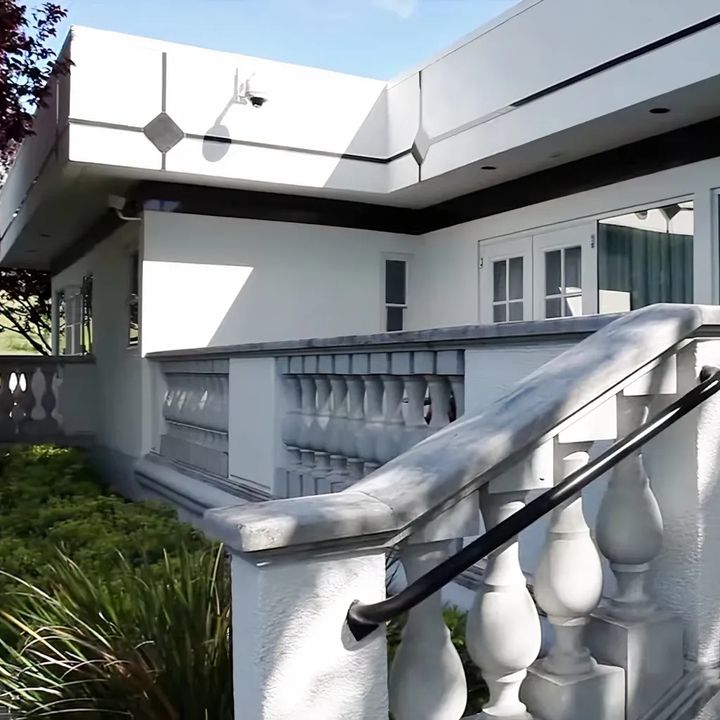

MC Hammer’s Opulent Car Collection



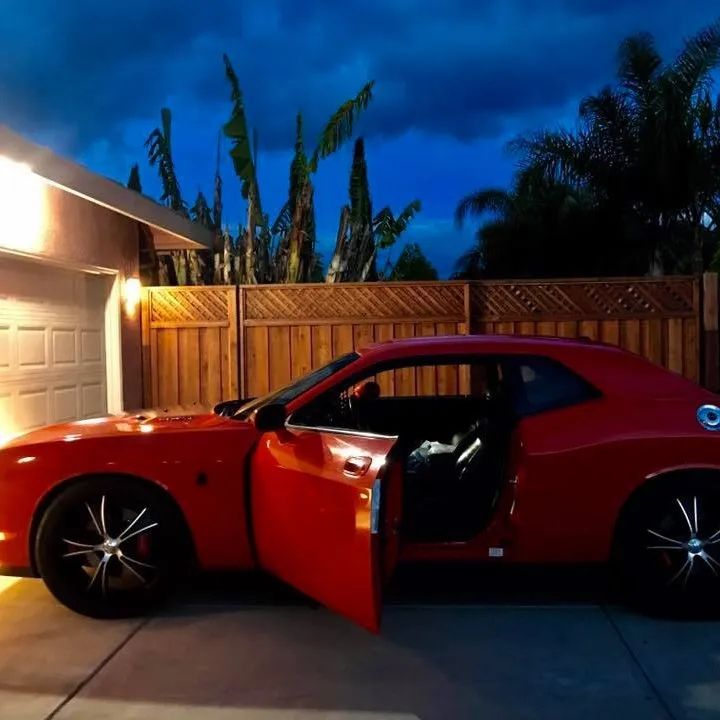

This collection, ranging from flashy convertibles to vintage gems, showcased his eclectic taste and passion for luxury.


MC Hammer’s Downfall and Bankruptcy
Yet, despite his wealth, he faced financial troubles, leading to bankruptcy in 1996.



He also faced copyright infringement lawsuits that resulted in substantial settlements. This situation, combined with his lavish spending and poor financial management, led to MC Hammer seeking Chapter 11 bankruptcy protection. When he filed, he reported debts of over $10 million, far exceeding his assets, which were valued at only $1 million.










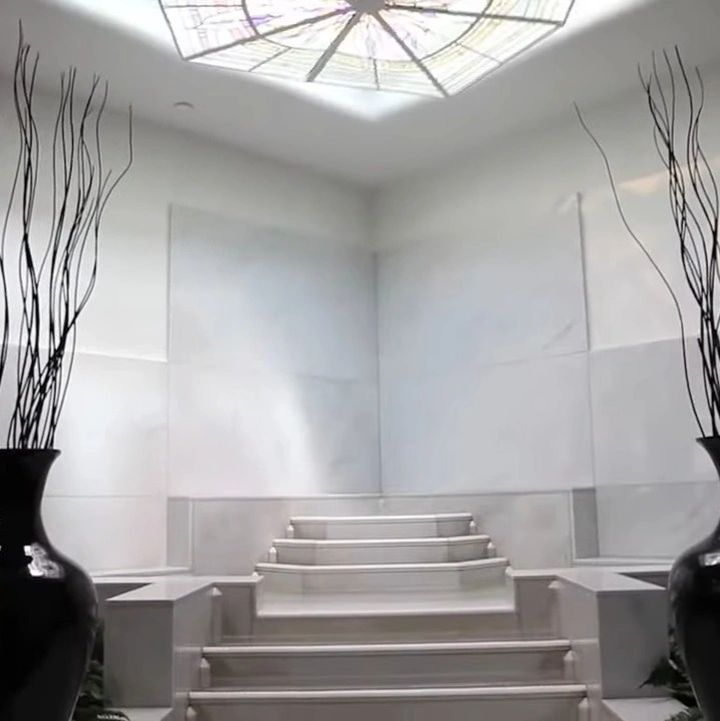



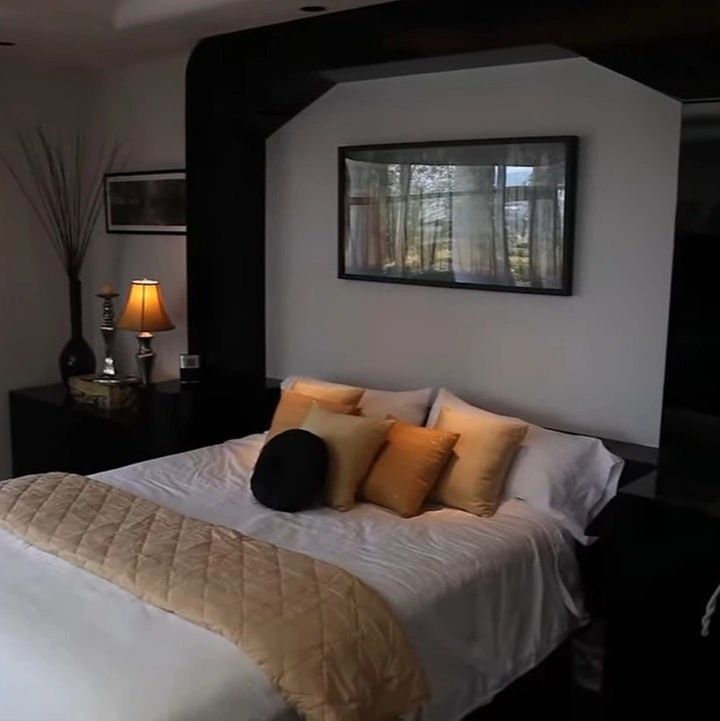
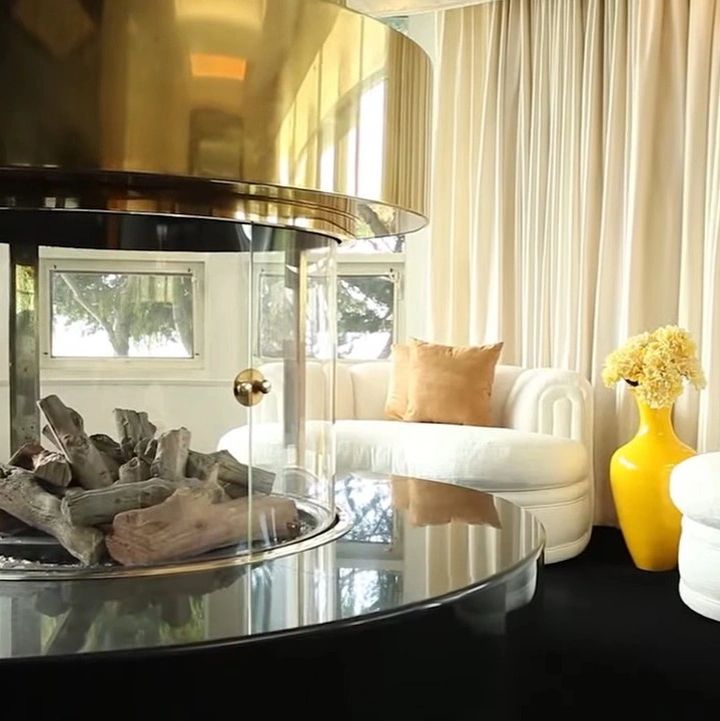
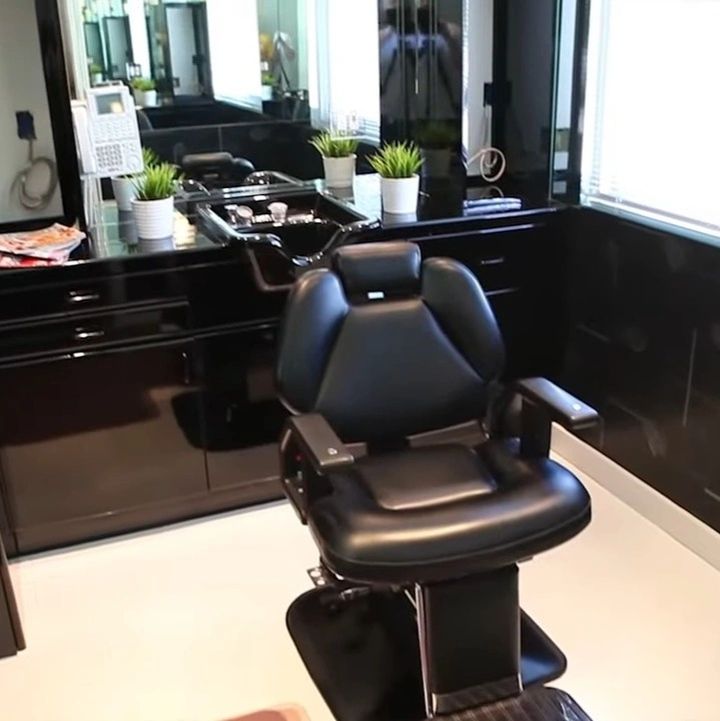


MC Hammer’s Financial Recovery and Growth
He transitioned to living in a more modest home and shifted his focus towards investments in tech startups. His prudent financial decisions and entrepreneurial ventures have enabled him to gradually rebuild his wealth, amassing a net worth of over $2 million. This journey from financial hardship to stability showcases MC Hammer’s resilience and ability to bounce back from adversity.
4 thoughts on “The Lavish $30 Million Mansion That Led to MC Hammer’s Financial Downfall”
Comments are closed.